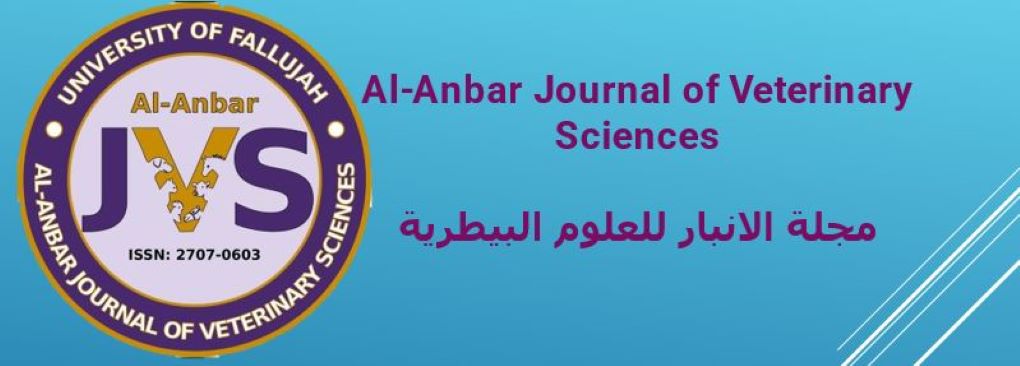
Publication Ethics and Publication Malpractice Statement :
Al-Anbar Journal of Veterinary Sciences promotes
transparency, ethical conduct, and responsible research practices. We improve
best practices by dedicating editors to the Committee on Publication Ethics
(COPE) membership. Authors should prioritize data availability and adhere to
ethical codes to enhance scientific rigour and credibility.
The Editorial Board has taken the necessary activities to
find and prevent misconduct in publications. The editors will take appropriate
action in cases of suspected or proven scientific misconduct, fraudulent
publication, or plagiarism. Authors should render the data accurately in
the manuscript and should be prepared to correct errors. The results that
are fake or stolen are deemed unethical and will result in refusal and complete
termination of the published article. The authors must declare that their
manuscript is of original quality and must mention contributions to the
research and report any conflicts of interest to the editors as well as not
allowing authors to submit the same manuscript to more than one journal.
Data Falsification and Fabrication: Data falsification involves manipulating research data to
create a false impression. This includes altering images, removing outliers,
changing or omitting data points, and other deceptive practices.
If questions arise about data integrity during or after the
peer review process, the editor may request anonymized underlying study data
from the author(s) for verification. If the original data cannot be produced,
the manuscript may be rejected or, in the case of a published article,
retracted. Suspected cases of misconduct will be reported to the author(s)
institutions.
Bias and Conflict of Interest: The manuscripts must be free from biases and conflicts of
interest. Authors must declare any potential conflicts of interest
that may influence the interpretation or presentation of the data.
Authorship conflict
Conflict in manuscript authorship might happen due to
double-authorship, multi-authorship, corresponding author and group authorship
and given the authorship responsibility to address potential authorship
conflicts, the editorial board relinquish
the responsibility for solving any conflict of authorship during the process of
submission of the article.
Ethical approval of animal research
The manuscripts that are conducted on the animal (domestic
or wild animals) require ethical approval from Institutional or National
Animal Care and Use Committees. The ethics must be conducted under
international and institutional rules. It must be shown that the work satisfies
the requirements outlined in the guidelines and adheres to good management
practices for veterinary care.
Sanctions: If
misbehaviour is proven, the proper measures will be taken, which may include
retracting the published article, informing pertinent parties, and prohibiting
future contributions.






